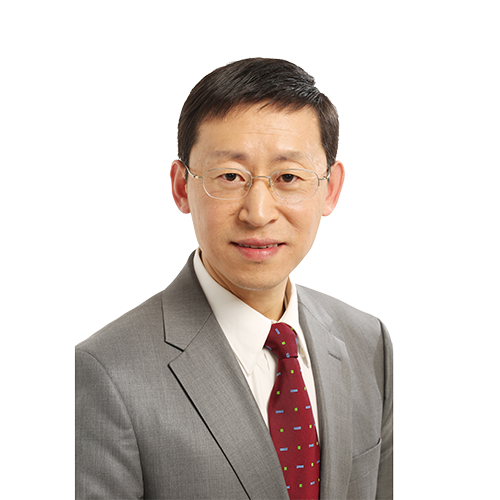On June 23, 2025, Attorney Liu Ming, Senior Partner at Kyoto Law Firm, organized a research team for the “Legislative Research on the Regulations for the Construction of the Beijing International Commercial Arbitration Center” to conduct a specialized survey and hold a symposium at the China International Economic and Trade Arbitration Commission (CIETAC).
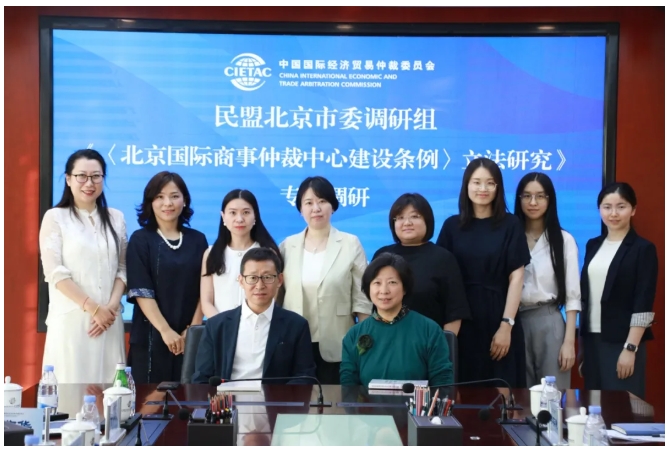
Xie Changqing, Vice President of CIETAC, attended the meeting and delivered a speech. Liu Ming, member of the Central Committee of the China National Democratic Construction Association, deputy director of the Legal Affairs Committee of the Central Committee of the China National Democratic Construction Association, senior partner of King&Capital Law Firm in Beijing, and member of the Chaoyang District Political Consultative Conference, presided over the symposium.
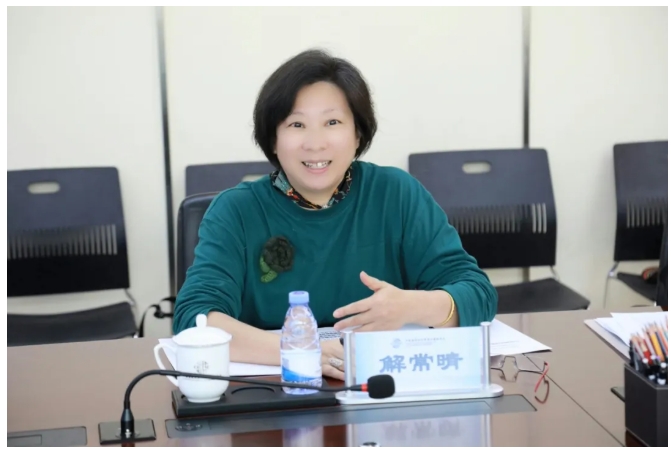
Xie Changqing extended a warm welcome to the research team in her remarks. She emphasized that the construction of the Beijing International Commercial Arbitration Center holds significant importance for national economic development, closely aligning with the nation's pace of opening-up and economic growth. Since its inception, CIETAC has borne a special mission, consistently serving as a key contributor to China's history of international arbitration, with its growth and development closely intertwined with the nation's opening-up policies and the expansion of its international business operations.
She systematically elaborated on the changes in CIETAC's arbitration rules and its international positioning of “rooted in China, serving the world.” She explained that the characteristics and considerations in formulating CIETAC's arbitration rules are twofold: on one hand, they must align with the latest international arbitration practices to meet the evolving needs of cutting-edge industries and diverse business models; on the other hand, they must respect China's traditional legal customs and the accumulated experience of CIETAC over the past seventy years.
Xie Changqing believes that the CIETAC Arbitration Rules are a synthesis of the latest international arbitration practices and CIETAC's experience, balancing fairness and efficiency, and bridging the gap between Chinese and Western arbitration systems and practices. The flexibility of the CIETAC Arbitration Rules fully reflects the careful consideration and thorough deliberation during their formulation.
At the meeting, Xie Changqing delved into the challenges Chinese enterprises face in international arbitration and strategies for addressing them, emphasizing that enterprises must fully recognize the negotiation space and international development pathways offered by arbitration. She provided a detailed overview of CIETAC's position in the field of international arbitration, its role and influence in the Belt and Road Initiative, and the significant achievements CIETAC has made in recent years in business innovation, enhancing its influence, intelligent applications, and the development of its team of international arbitration professionals. Additionally, she provided a comprehensive overview of CIETAC's specific initiatives in talent cultivation and international exchange and cooperation, and outlined future development prospects. Finally, she conducted a thorough analysis of the common challenges currently faced by arbitration institutions and summarized key issues such as costs, taxation, foreign exchange management, and talent reserves in international arbitration practice.
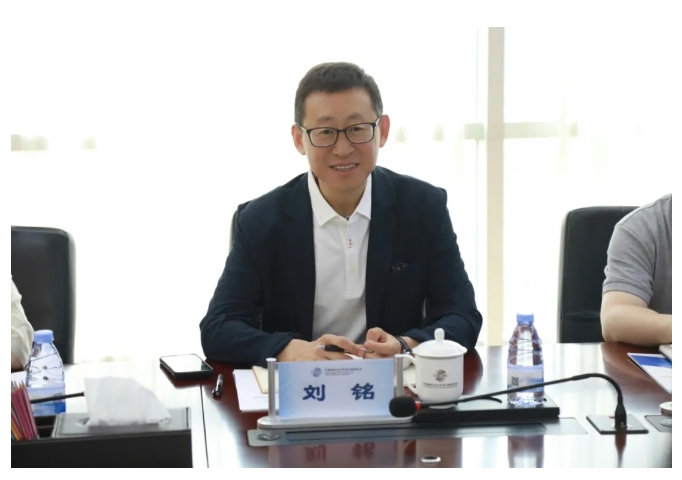
Project leader Liu Ming expressed gratitude to CIETAC leaders and experts and introduced the research findings of the project. Against the backdrop of comprehensive deepening reforms and the advancement of China's modernization, the construction of international commercial arbitration centers has garnered significant attention from all sectors of society. The Beijing Municipal Committee of the China Democratic League has conducted ongoing research and provided policy recommendations on the construction of international commercial arbitration centers, producing multiple policy recommendations and research outcomes. This year, the Municipal Committee has designated the study on commercial arbitration legislation as a key research topic for political consultation and policy recommendations, mobilizing experts and scholars to conduct in-depth research. This research has provided profound, comprehensive, and systematic insights, and has also deeply impressed upon us the passion, wisdom, and personal charm that CIETAC personnel have dedicated to the development of arbitration. The research team stated that they will thoroughly digest and absorb the findings, enrich the research outcomes, and produce valuable outcomes, fully committing to learning about, promoting, and supporting the construction of the Beijing International Commercial Arbitration Center.
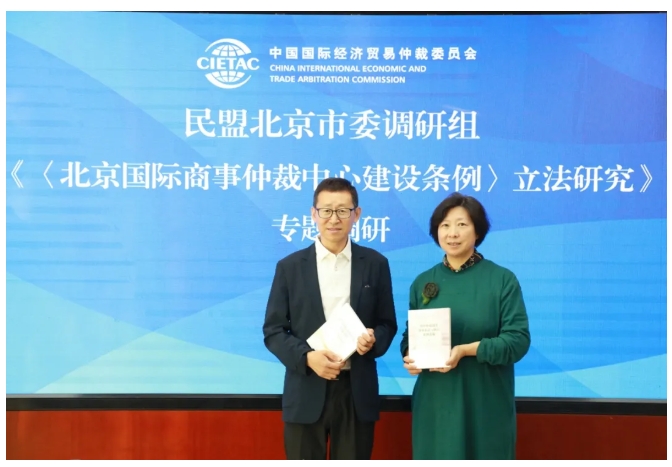
CIETAC leaders and experts engaged in thorough discussions with the research team members, highly praising the team's professionalism and practical approach, and presented the team with books.
Attendees included Su Sa, Deputy Director of the CIETAC Arbitration Research Institute; Wu Shaoxuan, Deputy Director of the CIETAC Committee's Operations Division; Tao Yi, Senior Case Handler of the CIETAC Committee's Operations Division; Li Yihui, Case Handler of the CIETAC Committee's Operations Division; and research team members Chang Wenjuan, Gong Yikun, Xiong Yanhua, Ji Hailing, and Zhan Mu.



